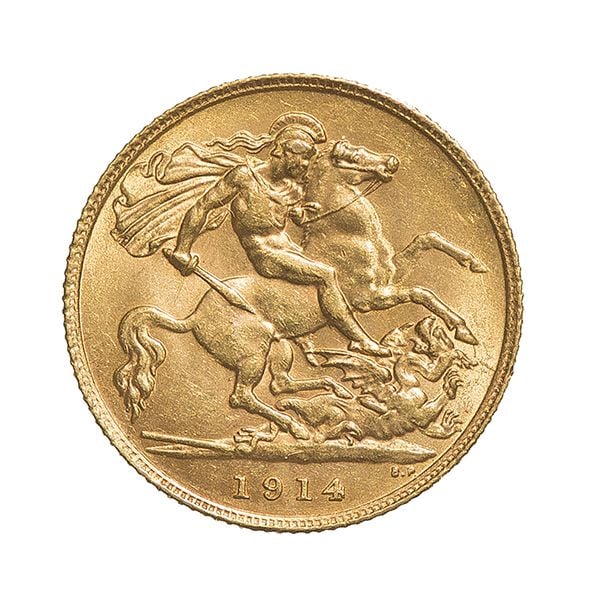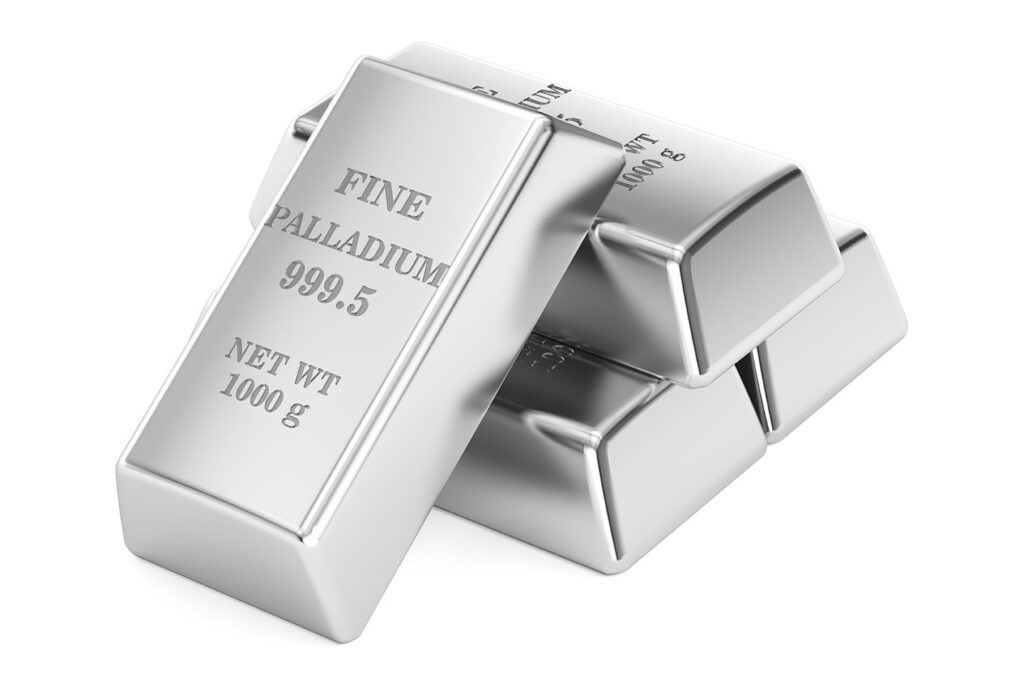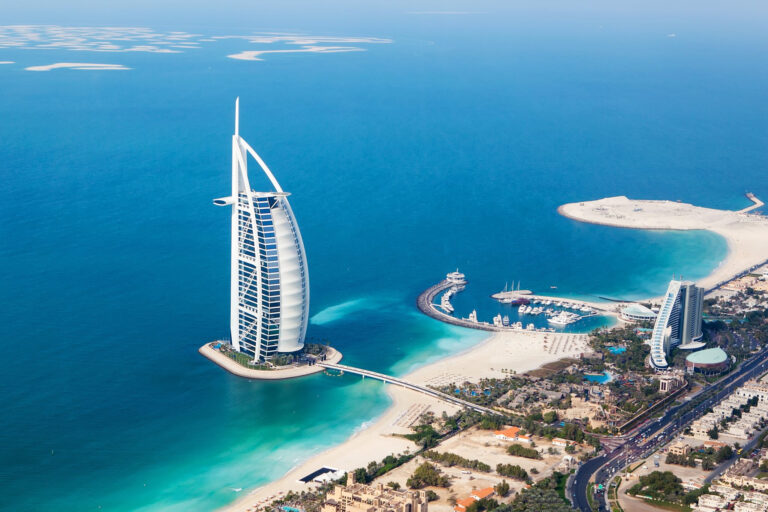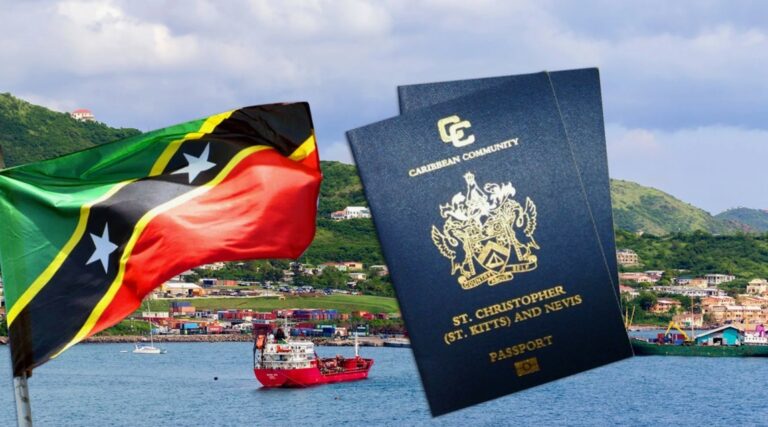The end of the gold standard with the collapse of the Bretton-Wood Agreements in 1971 caused the dollar to lose its attachment to gold, leaving room for all financial speculation on the greenback. Since then, the money supply has continued to grow, reaching today astronomical amounts that dissolve all logic. In a century, the dollar has lost more than 97% of its value against gold. It would seem that the dilution of the currency is the main vector that signs the end of empires given that each time a state of any kind has embarked on this misadventure, chaos has ensued. The Roman Empire also increased its money supply by diluting its gold coins, making them unusable, and this in the period before its collapse. The only value of our current currencies lies in the trust we place in it. The day this confidence fades, hyperinflation leads the currency to its disappearance. “A paper currency, based on the sole trust in the government that prints it, always ends up returning to its intrinsic value, that is to say zero.” this quote from Voltaire sums up the life of our currencies well.

Jamie Dimon, the CEO of JP Morgan, one of the few banks to be covered in case of crisis, because it holds in its own funds the largest stock of silver money in the world, said: “JP Morgan is preparing for an economic hurricane”
Venezuela is on the podium of the country with the highest inflation rate in the world. And for good reason, the economic crisis has ravaged this country. Hunger and misery quickly settled there. Only the people who held gold got away with it. As well as recently, in Lebanon, a country that was once considered the Switzerland of the Middle East has seen its banking system collapse. The population is completely ruined there, sometimes pushing some to rob their own bank to recover their savings placed in dollars. It is difficult today to imagine that Lebanon had the most expensive real estate in the world at the beginning of the 70s.
If the value of our currencies is indeed guaranteed by the gold reserves stored in the various central banks of the planet, given the level of global debt, this guarantee covers only a small fraction, making it insufficient to ensure a tomorrow for all. By investing part of your assets in precious metals, whether in the form of coins, ingots, sometimes even jewelry, you ensure your future and that of your family. One of the few things that survives in case of war is gold.
Seeing that the monetary system is not supported by an adequate guarantee, more and more countries are talking about returning to the gold standard. Backing precious metals and raw materials such as oil is ultimately the only way to stabilize a currency.
Holding gold, yes, but where to store it?
The question of the place of storage is indeed very important.
At home?
With the exponential increase in burglaries, keeping it at home can quickly become a misadventure and few are the insurers who, in the end, compensate. Regardless of this, the risk of losing your trace there is also very real. Indeed, in the event of a move, a health problem, or old age, this gold could quickly be forgotten by its owner. The stories of treasures discovered decades after the disappearance of their owner are indeed not uncommon!
Nevertheless, this option may remain conceivable in case of small investments.
At the bank?
In a bank, the coins and ingots will indeed be safe from thieves but not from a bankruptcy of the bank. That is why it is essential that the gold is stored outside the banking system, because when your bank closes its doors, you will no longer have recourse to recover it. In some European countries, laws have even been passed in recent years to make it illegal to gather in front of the bank in the event of a major crisis, under penalty of arrest.
Abroad?

It is clear that the billionaires of this world massively buy gold and store it mainly in Singapore, and that for a good number of years. Of course, Switzerland and Liechtenstein are still safe countries. As for other jurisdictions, such as the United States, for example, the numerous asset seizures that the Americans have been practicing for a long time, make the storage of your precious metals incongruous.
Offshore storage gives you the guarantee of protecting yourself from confiscation by the political powers. In 1933, to support the American economy facing the great depression that followed the crash of 1929, President Franklin Roosevelt signed a decree making illegal the possession of gold, forcing American citizens to exchange their coins and jewelry for greenbacks, under penalty of heavy fines. In total, nearly 500 tons of gold were requisitioned. Measures which, as in France in 1936, more recently in Greece, urge you to warn yourself against this hypothesis. The storage option outside your national jurisdiction therefore remains the most appropriate.
Prefer a trusted jurisdiction, even if it means storing your gold in several offshore countries, especially since the amount invested is significant. To guarantee their safety, each of your ingots are stored in safes monitored by private companies that offer you the opportunity to visit them on site, pick them up or even have them delivered to you. In any case, your ingots must be acquired in direct custody, with a certificate assigned to your name, informing the serial number, which will make you the sole and only owner. These two points are fundamental. Also, holding several small bars is a better tip than a large bar, because if you need to liquidate, it will be more convenient for you to sell a few.
It should also be noted that offshore silver metal is exempt from VAT on purchase. Which makes a big difference in terms of investment. For more information about capital gains on precious metals, refer to the tax rules of your country of origin, or contact me.
OFFSHORE STORAGE OFFERS YOU :
> An adequate protection of your assets against :
- the spoliation,
- the requisition,
- the hyperinflation.
> A diversification of your assets
> The freedom to :
- visit the storage location,
- to have you delivered,
- to sell at any time.






